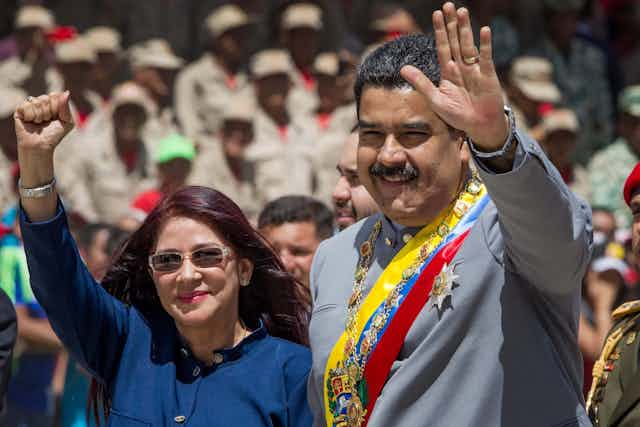
Venezuela’s major crises will continue in 2017. These include ongoing economic instability, over-reliance on the price of oil, shortages of food and electricity and increasing inequality. At the core is a history of political interference in the functions of economic and government and institutions.
Since Nicolás Maduro became President in 2013 following the death of socialist leader Hugo Chávez, Venezuela’s dependence on oil exports has brought its economy to the brink of bankruptcy. Almost 95% of government revenue comes from oil exports.
The price of oil has declined by around 50% since 2013. Government revenue has reduced to critically low levels - from an annual US$80 billion to $US30 billion. Maduro’s administration has no leverage with which to fix Venezuela’s faltering economy and appease the unhappy middle classes that are its backbone.
Inflation is the highest in the world. From February 2015 until November 2016, it rose from around 80% to 800%. Daily food shortages continue to foster discontent and instability at every level of society. Murder, theft and kidnappings in major cities like Caracas, Maracaibo and Valencia are frequent.
History suggests successful economies are built on solid and effective institutions. These induce strong economic performance over time. A consensus between political parties that guarantees independence for government and economic institutions may be the only way forward. Venezuelans live in hope.

